When do we become volleyball players? Is it that first time we try to hit the ball back rather than catch and throw? Or when we get that first serve over the net from the 10' line? How about the first time we get hit in the face?
If we are asking questions, then when do we stop being volleyball players?
Is it when we haven't been to a practice in 3 months? Or haven't put on a uniform in 5 years?
Personally, I don't think we ever stop being volleyball players because we all know that at anytime we can step back in and feel the same joy as the day we became volleyball players. That is the volleyball life and while Laura Schaudt didn't discover the game until she was 16, she's not giving it up now.
Volleyball has been one of the most consistent things in my life for the past 8 years. I started playing at 16 because I was the tallest girl in school. Fast forward two years and I was walking-on as a redshirt freshmen to the Oregon State team. My five years at OSU ended on a high note when my team made it to the Sweet 16 in December 2014. I graduated and spent a year working before quitting my job to play professionally in the Philippines.
Throughout my volleyball journey, different aspects of the game - the level of play, volleyball position, lifting/conditioning regimen, nutrition, and the mental game - have all changed. The following is a comparison of how those things have evolved over the years.
LEVEL OF PLAY
High school
To me, high school volleyball was mostly about having fun with friends. Obviously I liked to compete and win, but I was mainly focused on making memories with friends.
College
Division 1 Pac-12 is no joke. When I first got to Oregon State I was shocked/scared at how good the players were. As I gained experience, I also gained confidence that I could compete with the best.
Professional
I had always imaged professional as a step up from college. What I didn’t realize was the vast spectrum of professional leagues and teams in different countries. The level of play in the Philippines wasn’t as high as I played in college. The players were much shorter so it turned into a scrappier game than I was used to.
MY POSITION
High school
I started off where all the tall players usually begin: middle blocker. Unfortunately, my team wasn’t very good. Poor passing and setting made it difficult to be a middle.
College
Thankfully in college, my coaches converted me into a pin hitter. I loved this because 1) I was hitting high sets 2) I got set a lot more often and 3) I didn’t have to block from the middle position (which is the worst).
One thing I wish I could have done was play back row. However, I was still a work-in-progress so it made sense to just have me focus on front row.
Professional
I went to the Philippines as an opposite, but our best middle got injured, so my coach wanted me to play middle. I spent the rest of the season moving from middle to opposite, but I did get to play back row.
BALANCING LIFE (SCHOOL/WORK/ETC)
High school
Grades were extremely important to me in high school. My weekdays consisted of school, sports, homework, eating, and sleeping. That routine definitely prepared me for college.
College
It was basically the same routine as high school, but a lot more homework and way more time dedicated to volleyball. Missing school to travel was rough, but we did our best to plan for it.
By far the hardest time was my last year when we made it to post season and I was in the MBA program. When our team made it past the first round of the NCAA tourney, tests had to be rescheduled because we were traveling. I had to complete all my grad school finals while preparing for the biggest game in my college career. I don’t really know how I survived.
Professional
Volleyball was my job. We only practiced every other day from 6-9pm. My schedule has never been so free. I pretty much had all day to do whatever. My days mainly consisted of not setting an alarm, exploring Manila (aka all the malls), watching Netflix, reading, going to the pool, cleaning, etc. It was very strange having no other obligations besides volleyball.
LIFTING/CONDITIONING
High school
After I knew I was going to Oregon State, I took a weight training elective for a couple terms. I’m glad I started at this age, getting acquainted with the different types of lifts, because it was one less thing I had to learn going into college.
College
This is when I was most focused on lifting. I’ve never been known for my strength, but I was the strongest I’ve ever been in college, and it took a lot of work. Weight-wise, I think I gained about 15lbs from high school to college.
Professional
For my team, we were expected to lift and condition on our own. There was a gym in my condo that I would use mainly to condition. I should have been better about creating and implementing a lifting schedule for myself.
NUTRITION
High school
I basically ate whatever my mom cooked and didn’t have much interest to learn about fueling my body.
College
I’ve always been tall and slender, so when I got to OSU they wanted me to gain weight/muscle mass. I completely agreed, however the pressure to gain weight was hard on me. Even though I was meeting with nutritionists, drinking daily protein shakes, and eating until I was uncomfortably full, I wasn’t very successful.
After my first year, the push for me to gain weight died down. I still tried to focus on my nutrition, especially increasing weight over the years.
Professional
Living in a different countries presented new challenges on nutrition. In the grocery store, there weren’t as many fresh fruit/veggie options and raw meat sat out with flies landing on it - I could never bring myself to buy it. As a result, I ate out a lot, had lots of processed foods, and only cooked a few things. Not the healthiest time of my life.
MENTAL GAME
High school
What mental game? We might have done some visualization, but other than that, I don’t recall anything.
College
My coach was very into the mental game and had a bunch of sports psychologists visit throughout the years. The most bizarre memory I have of it was the guy who had us listen to raisins (yes, you read that correctly). We worked a lot on visualization, positive thoughts/phrases, and mental toughness. My biggest struggles centered around confidence in myself.
Professional
I wasn’t ever asked about the mental side of the game. I didn’t put too much of a focus on it in fear that I would get too analytical. I did visualization and positive talking to myself in the mirror before games.
When I chose to play volleyball at age 16, I had no idea that small decision would completely alter my life path.
After reflecting on the growth I’ve seen through my journey, I realized the two things that kept me playing - the love of the game and the people I’ve met. Although there are times that are extremely frustrating, I really enjoy playing volleyball. It has kept me active, challenged me in ways I didn’t know it could, and taught me valuable life lessons. Additionally, the people I’ve met have changed my life for the better. Not only have they stuck by me through thick and thin, they’ve helped shape me into the person I am today. I’m so grateful for this sport and the friends I’ve made because of it.
Since returning from the Philippines, Laura has been lifting and playing volleyball five times a week to stay in playing form while currently searching for her next professional opportunity. It's a bit of a waiting game, but if you want to keep up with Laura's adventures give her a follow.
Twitter: @LauraSchaudt
Instagram: @Lschaudt
Facebook: Laura Schaudt




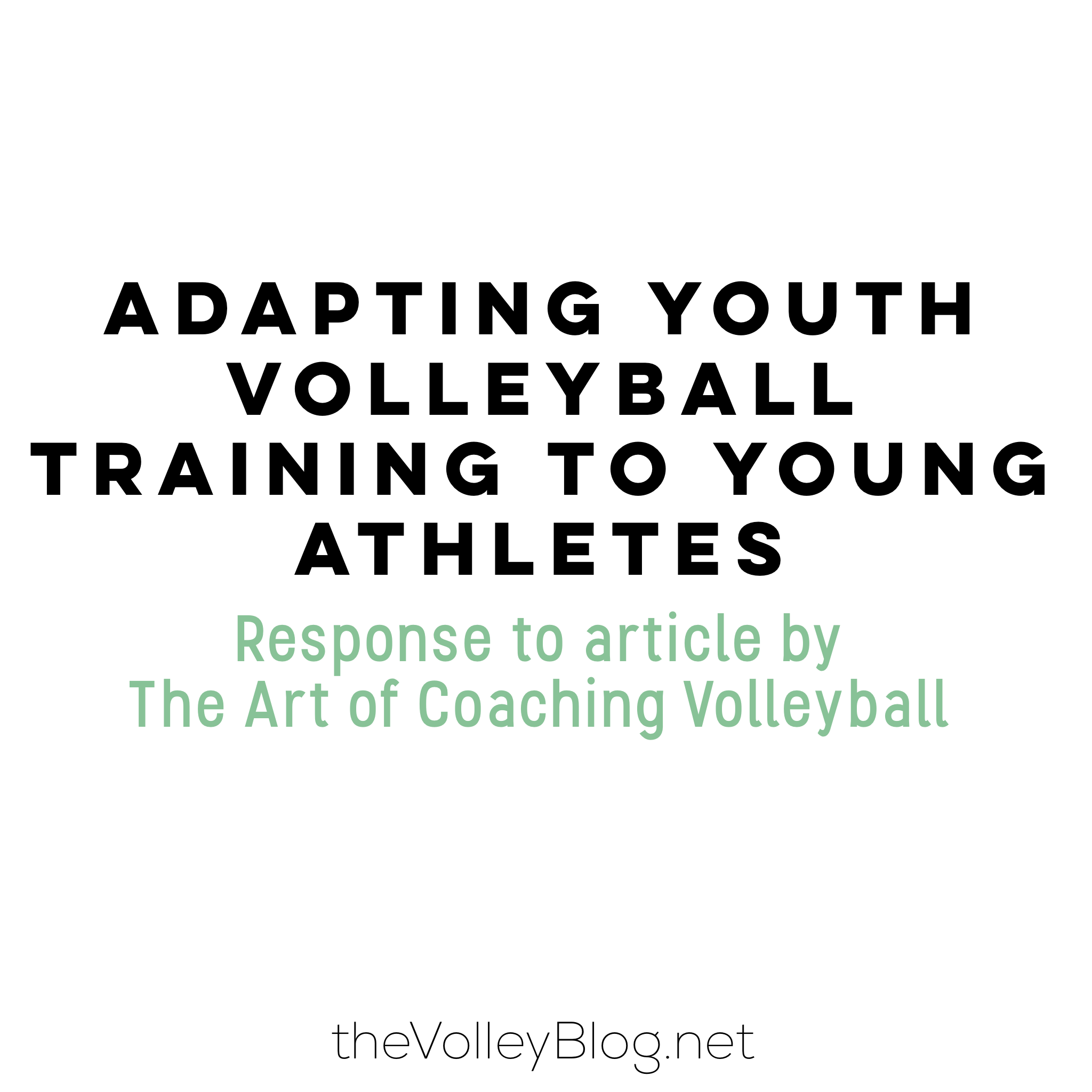
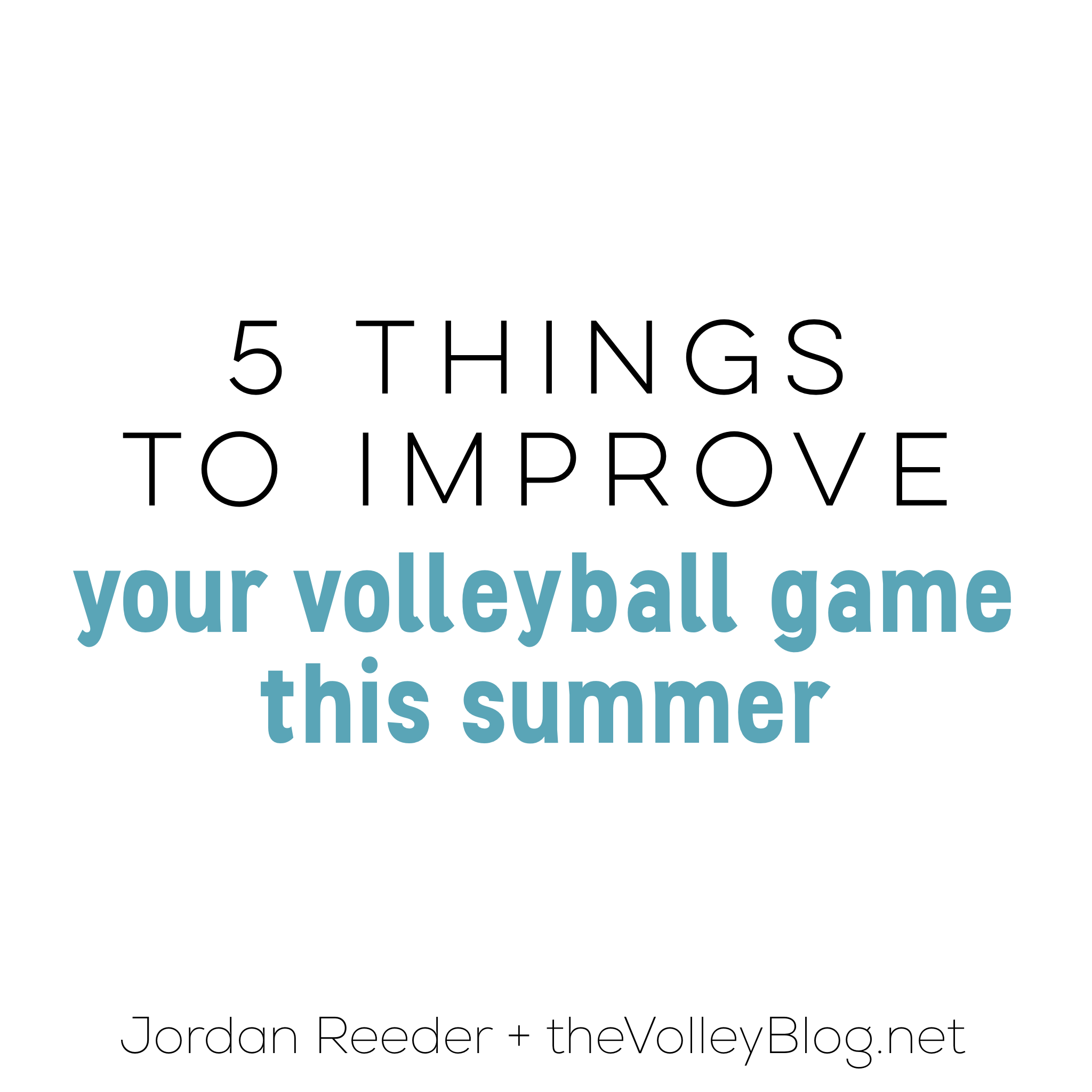




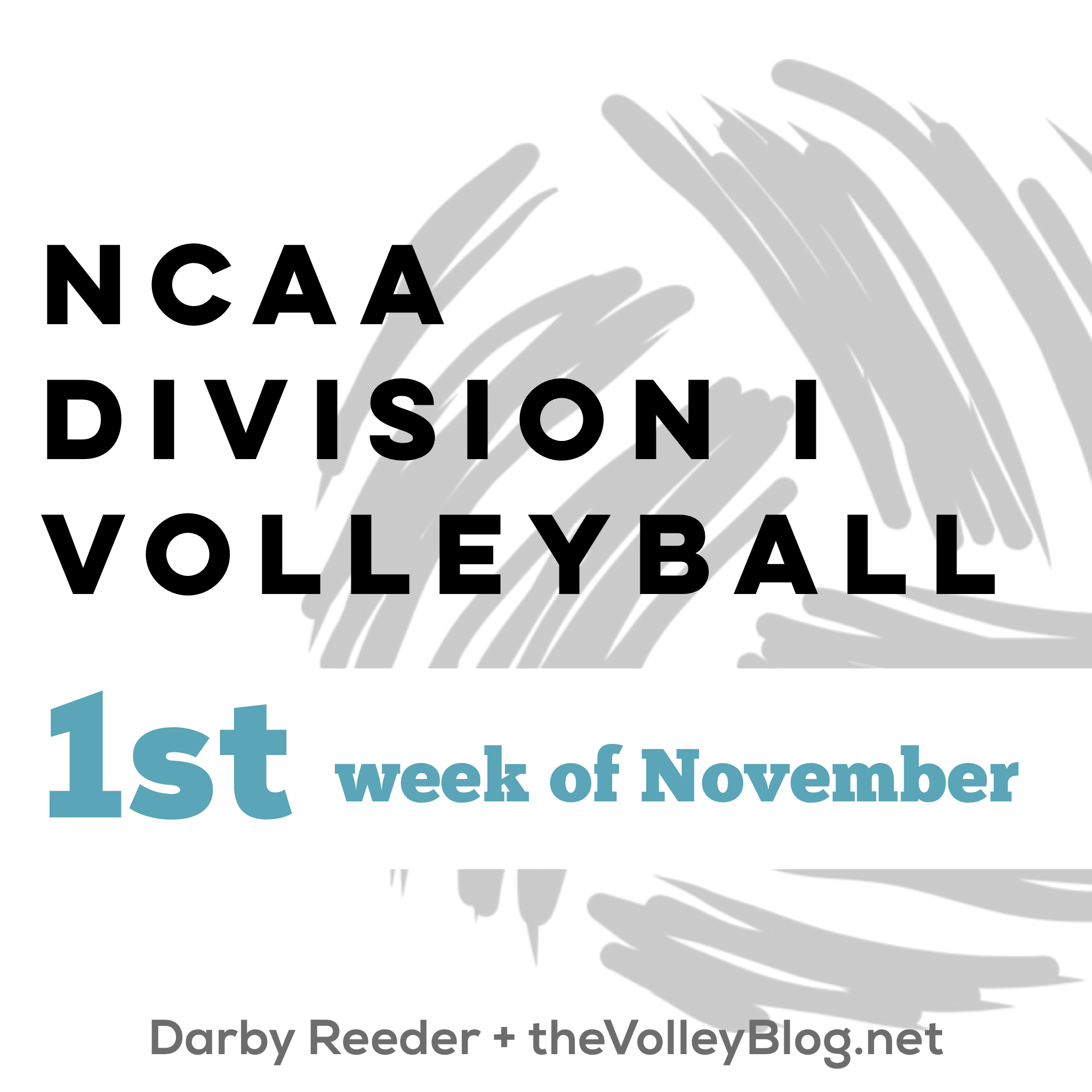

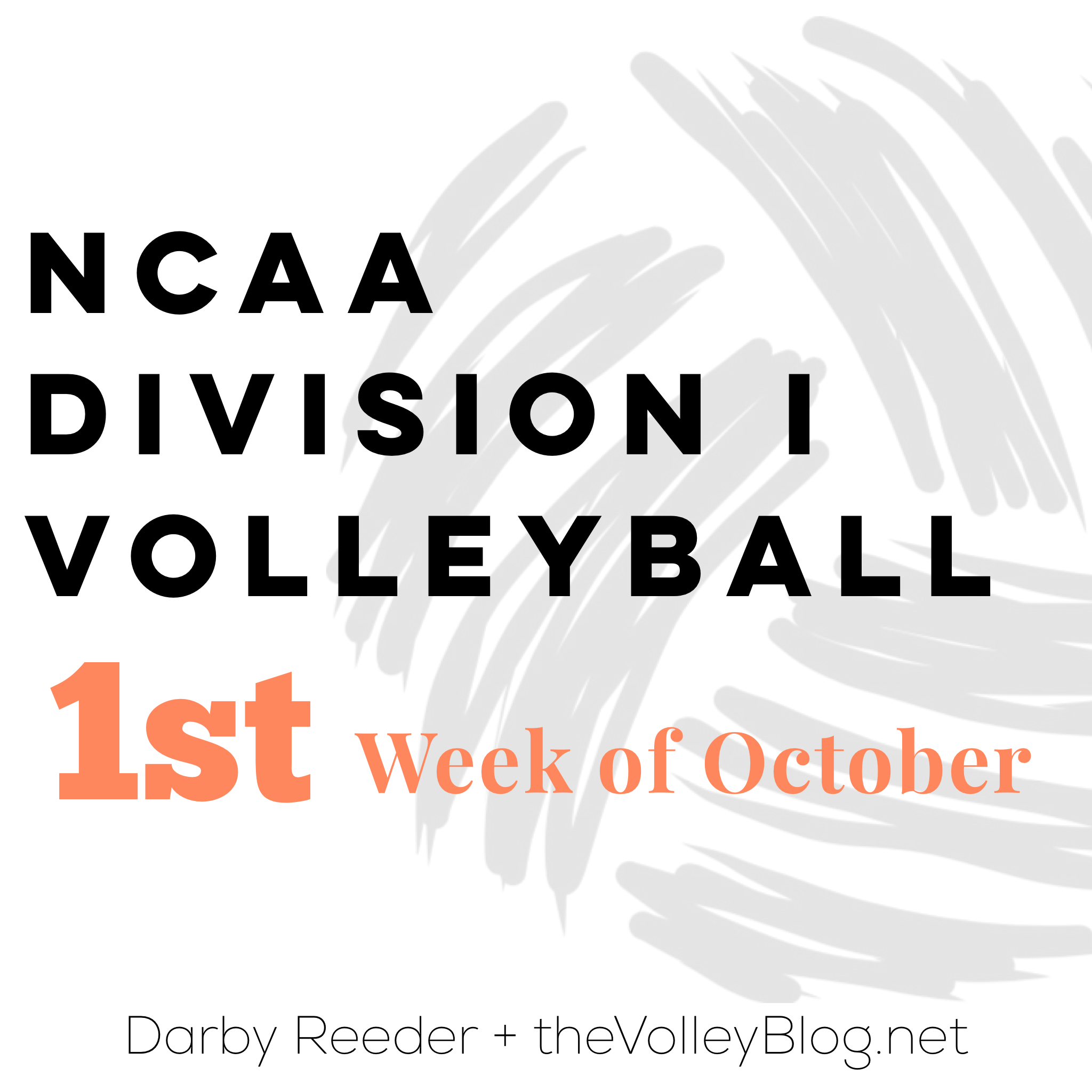

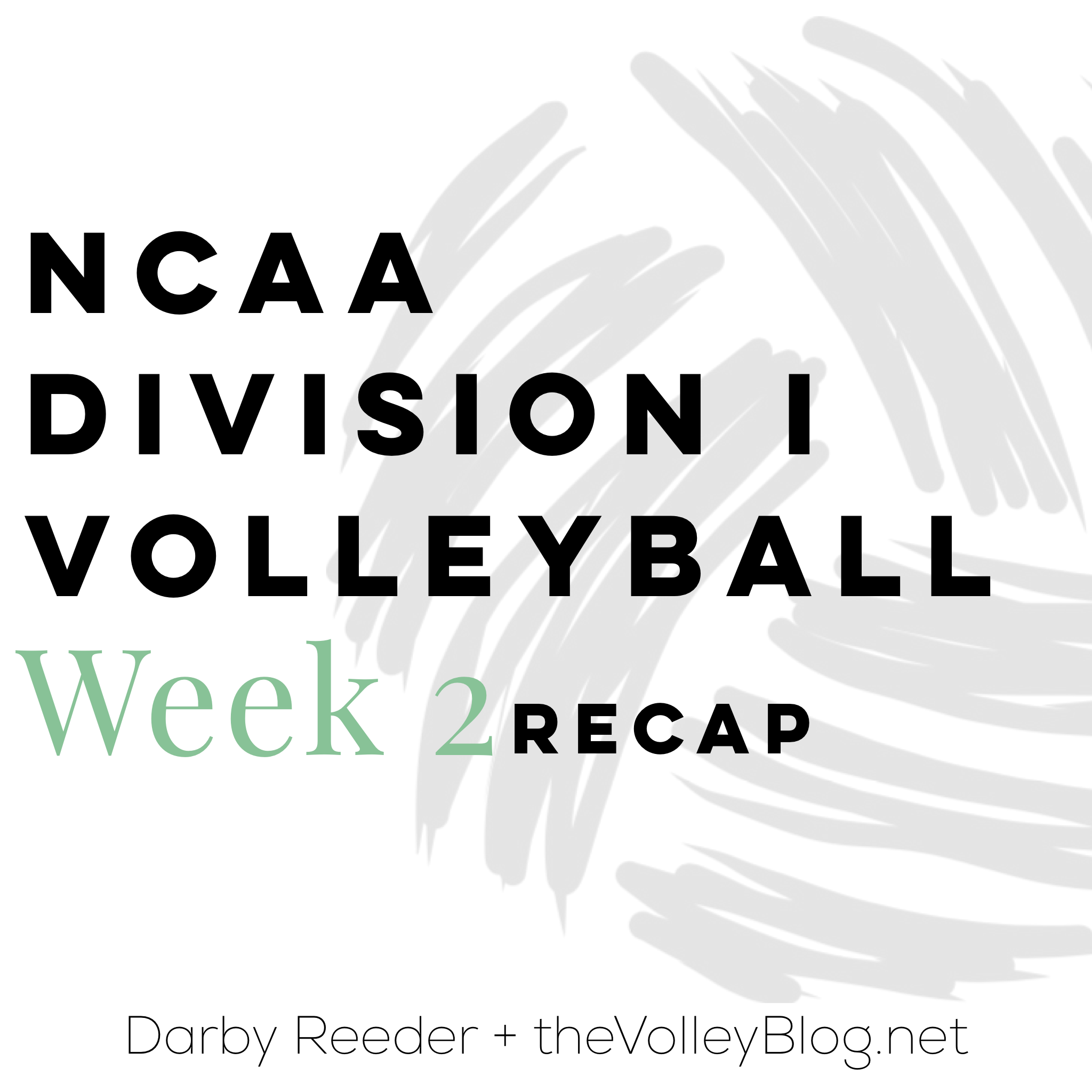
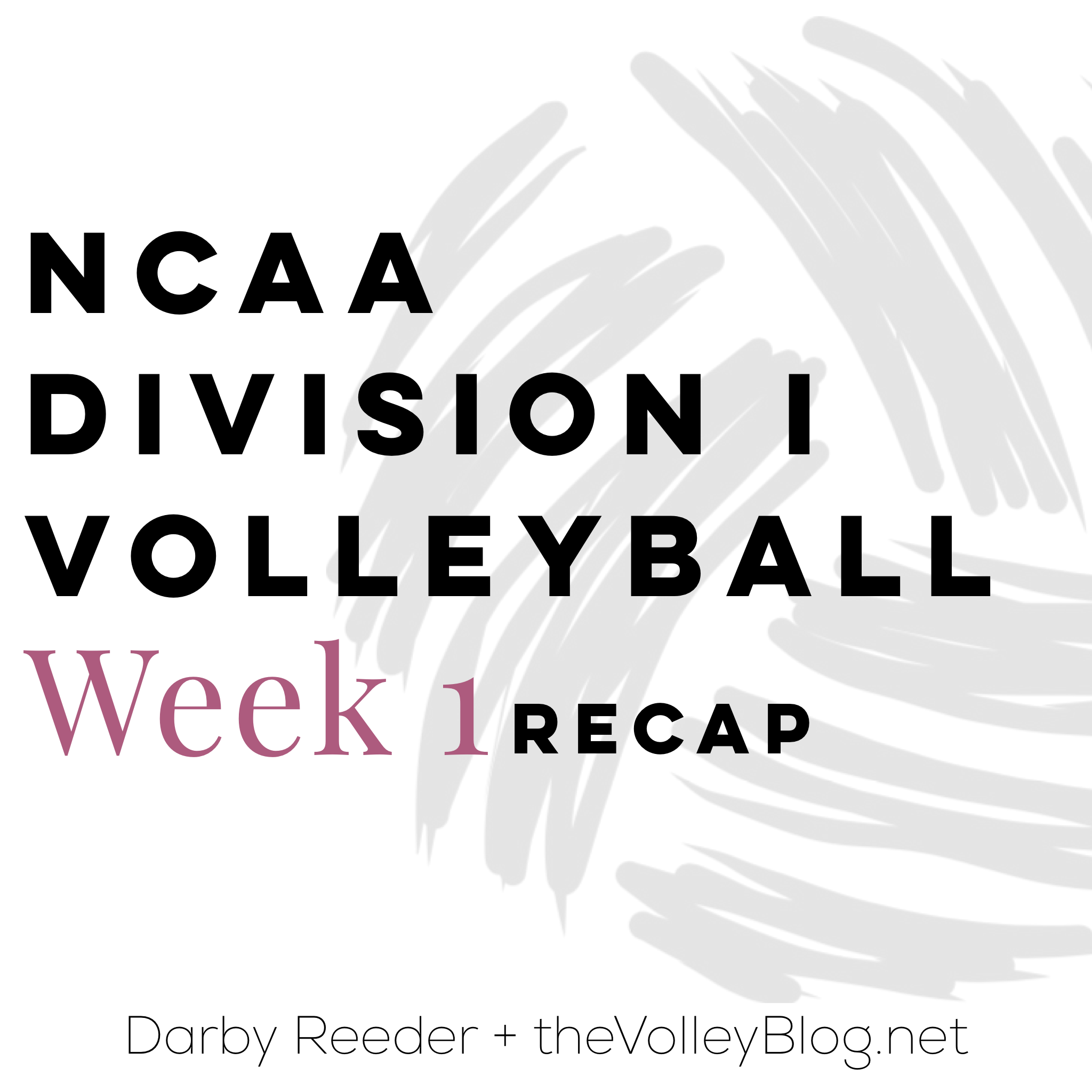



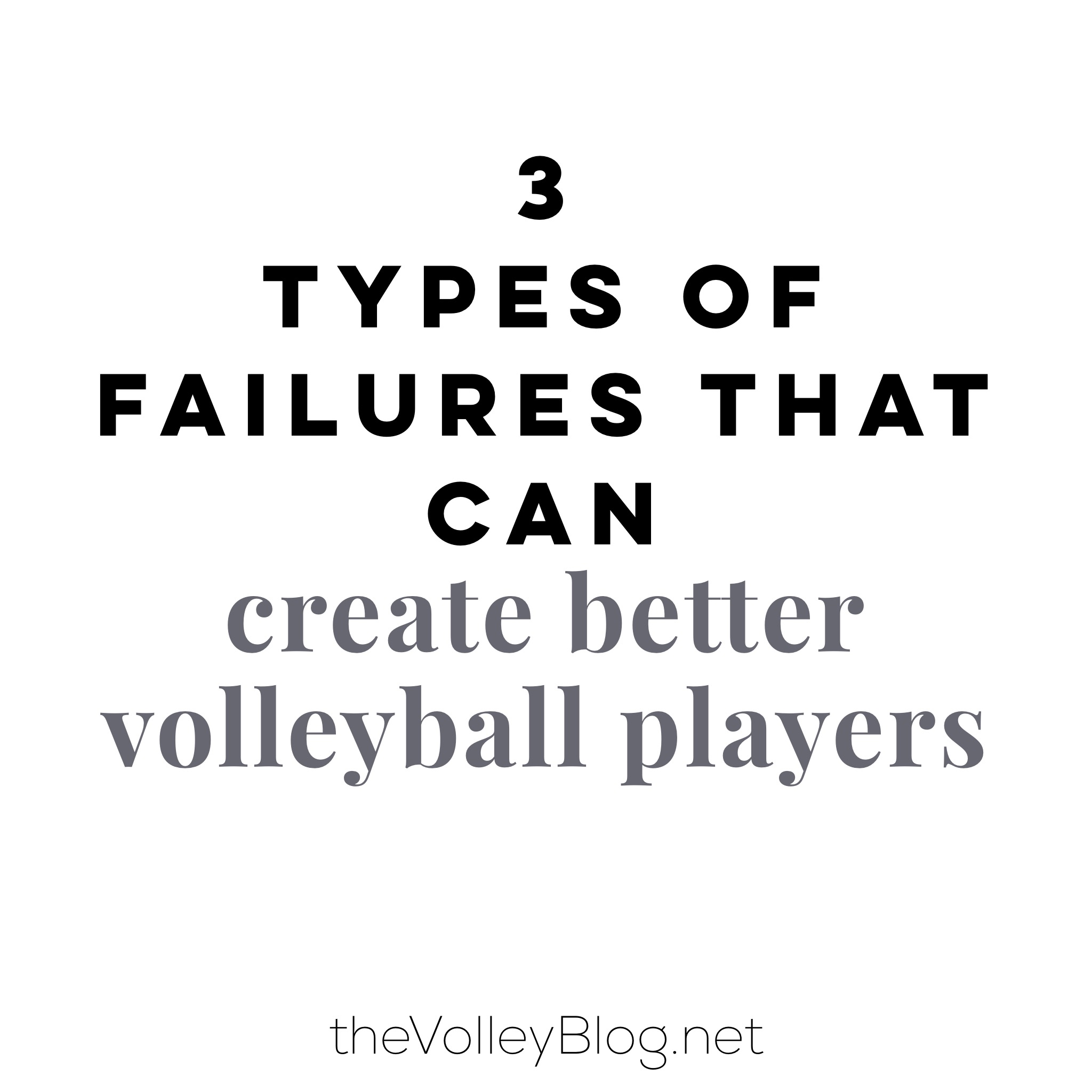
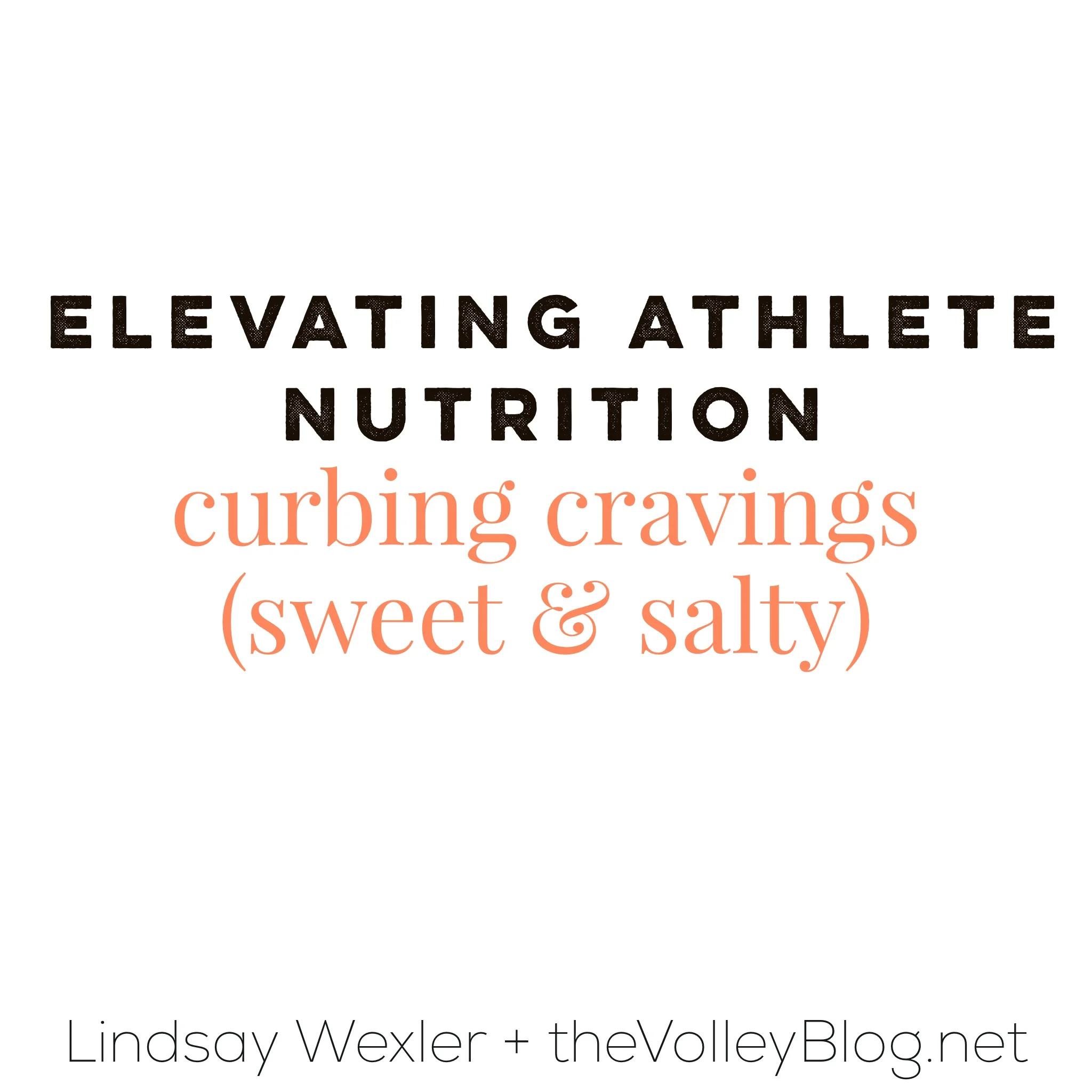

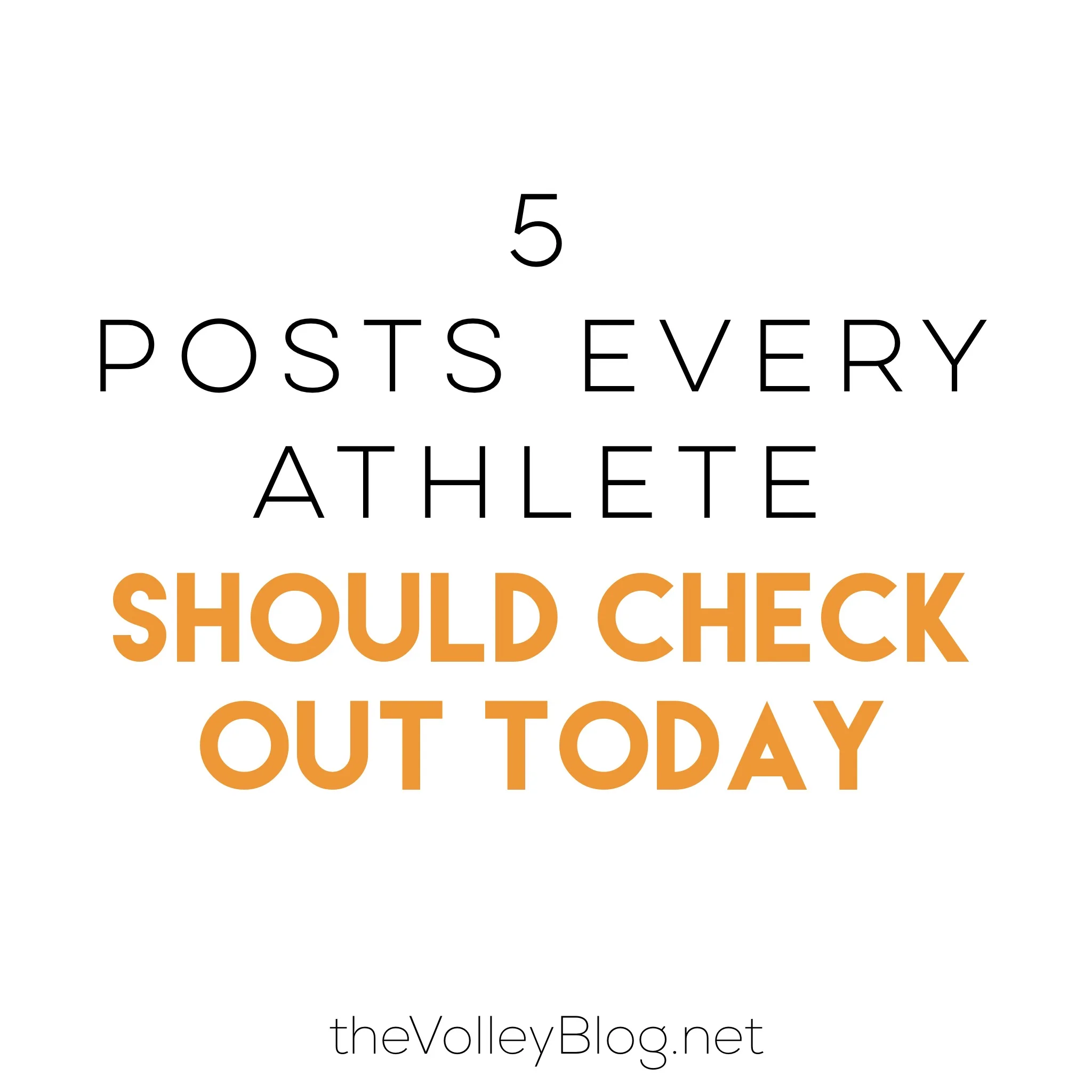


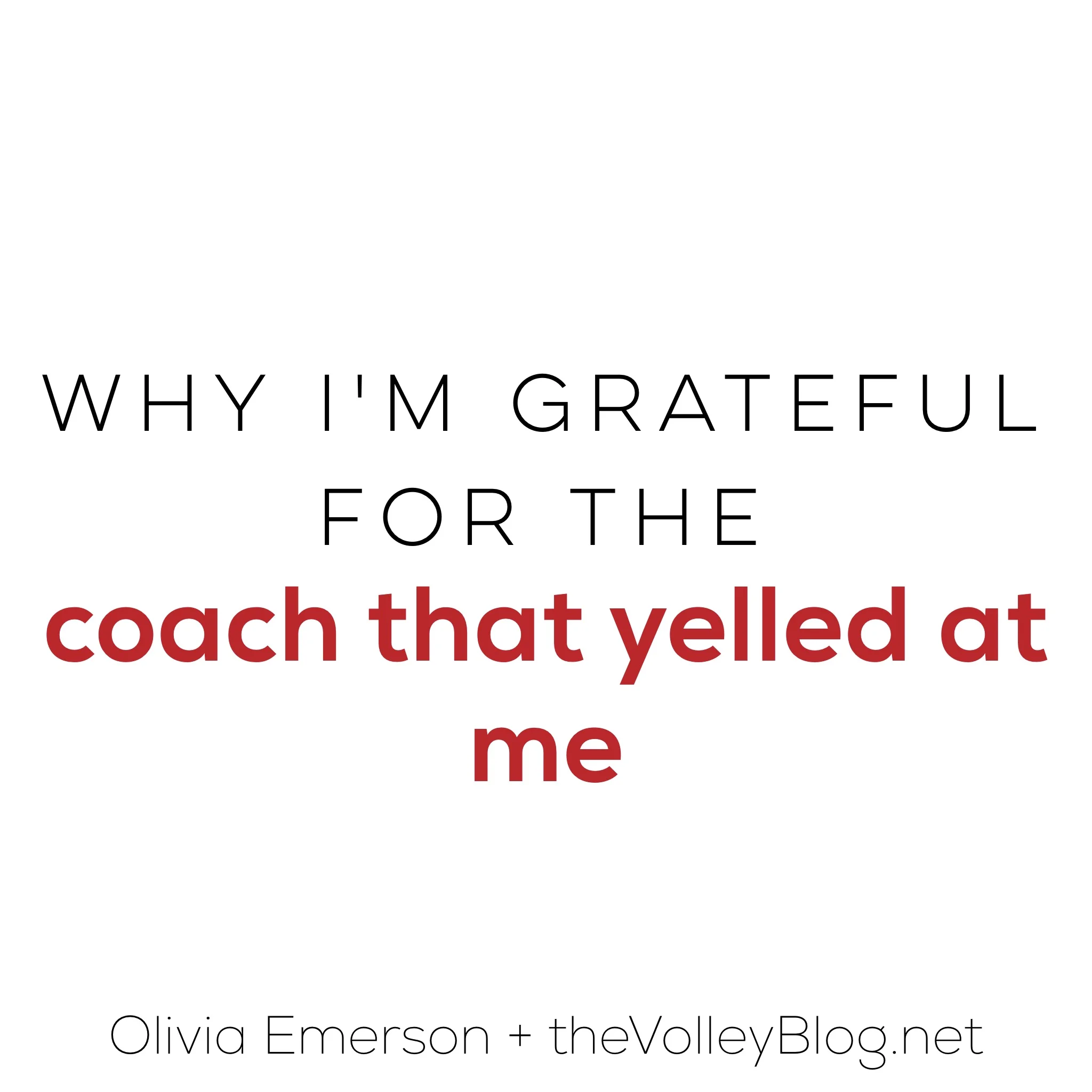




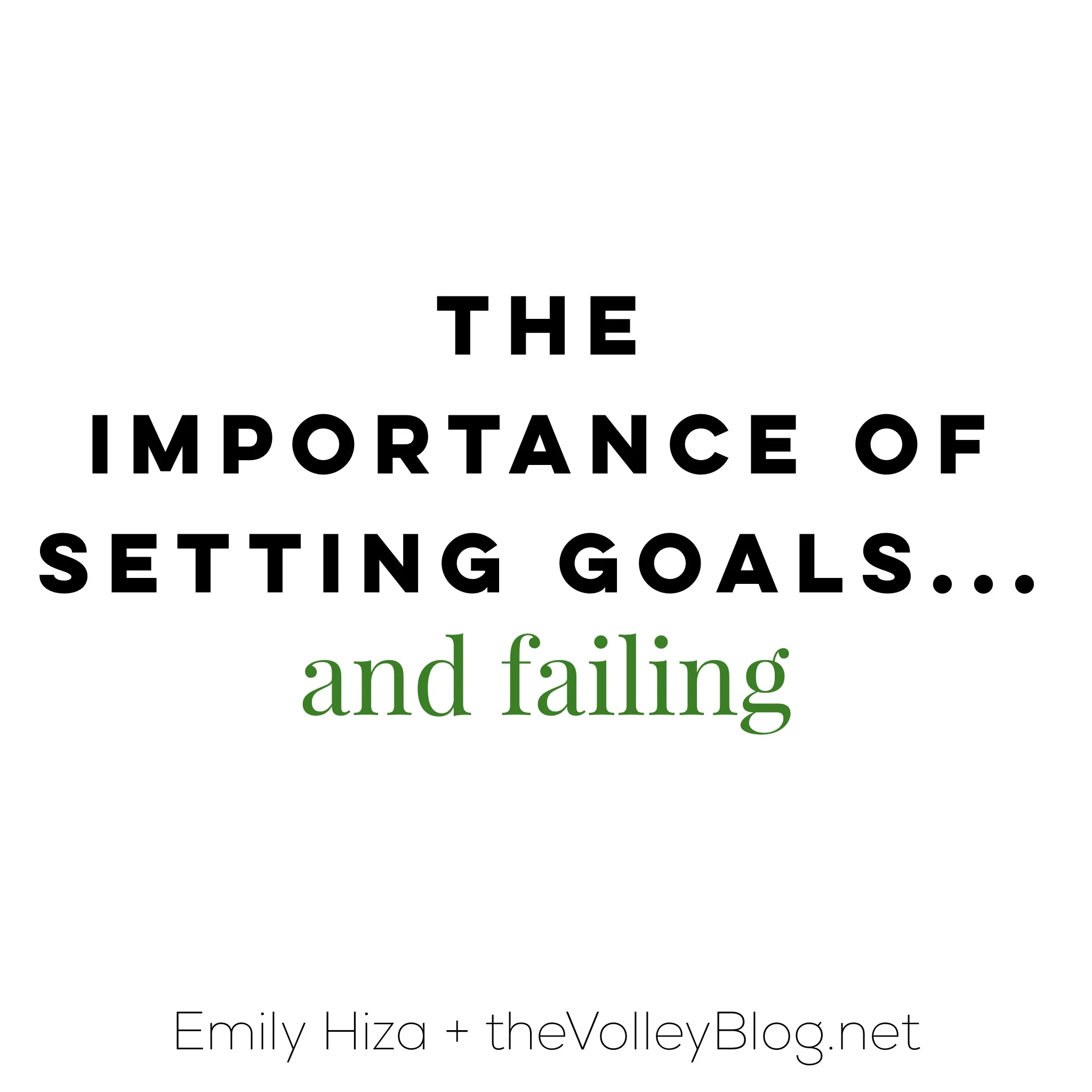


If there was one position in volleyball that gets a bad rap, it is the Defensive Specialist. While it is easy to write-off these players, just as Setters, Pin Hitters, Middles, and Liberos have roles to take care of, so do Defensive Specialists! Check out our volleyball dictionary definition for Defensive Specialist, intangible qualities a coach wants to see on the court and the 1 key to being a great Defensive Specialist.